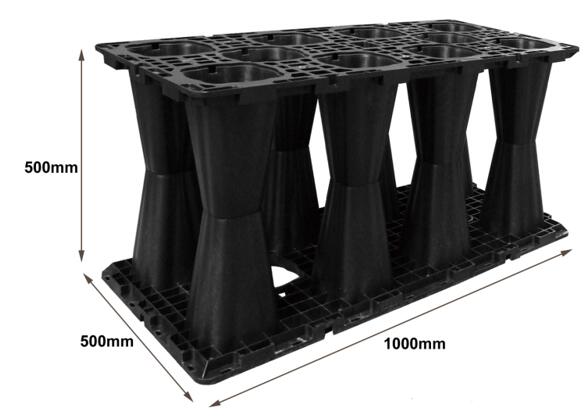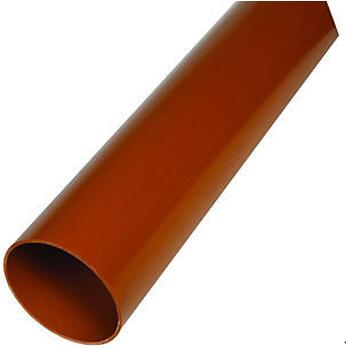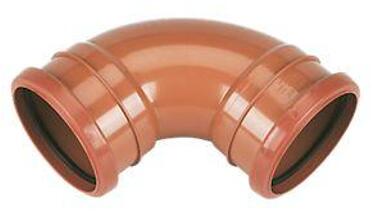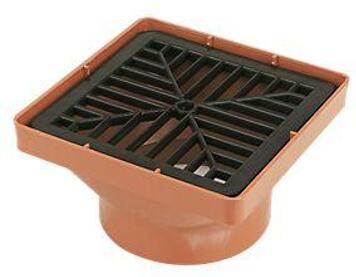What We Need When Designing a Soakaway?
2017-09-22
On this article we try to answer the following questions:
What is a soakaway exactly? What materials are required? How long should the work take?
What is a Soakaway?
A soakaway is a large hole dug approximately 5 meters away from the property, it is usually located under a lawn, patio or driveway. Soakways are filled with either large bits of debris such as bricks and hardcore or a modern plastic crate, more technically known as a “Modular Cell Drainage System”.
Rainwater either from a roof gutter or from a surface drainage channel is piped into the soakaway crate, the void fills up with water and this gradually “soaks way” into the ground.
Soakaways are only used for rainwater and not human waste.
Why install a new soakway?
There are several reasons why you may want(or need) a new soakaway:
1. Soakaway sometimes become blocked with roots, leaves, roof moss and mud. They occasionally collapse due to weight(cars, lorries, concrete, tarmac etc) placed above them.
2. If you have an extension built on your house, the extra rainwater from the additional roof area may be too much for your existing soakaway to cope with.
3. Current building regulations state that when having a new driveway or patio laid, you must allow for the adequate drainage of surface rainwater within the boundaries of your property. A soakaway is an answer to this.
Underground Rainwater Pipe
Pipe Bend
Inlet for Rainwater From Guttering
Labour
It should take just over half a day for two people to dig up an existing soakaway in a lawn or flowerbed and lay a new one.
If the soakaway is located under a driveway or patio then it will take significantly longer as large parts of the driveway will need to be lifted and laid again afterwards. Block paving, patio slabs, concrete and tarmac can all take extra time (and cost) to repair afterwards.
The cost of material should be various depend on different areas and the applications. For further information, please visit our website. www.greengrassgrid.com
PrécédentWhat can we do to reduce waterlogging?
ProchaineDifferences between PP rainwater tanks and concrete tank








